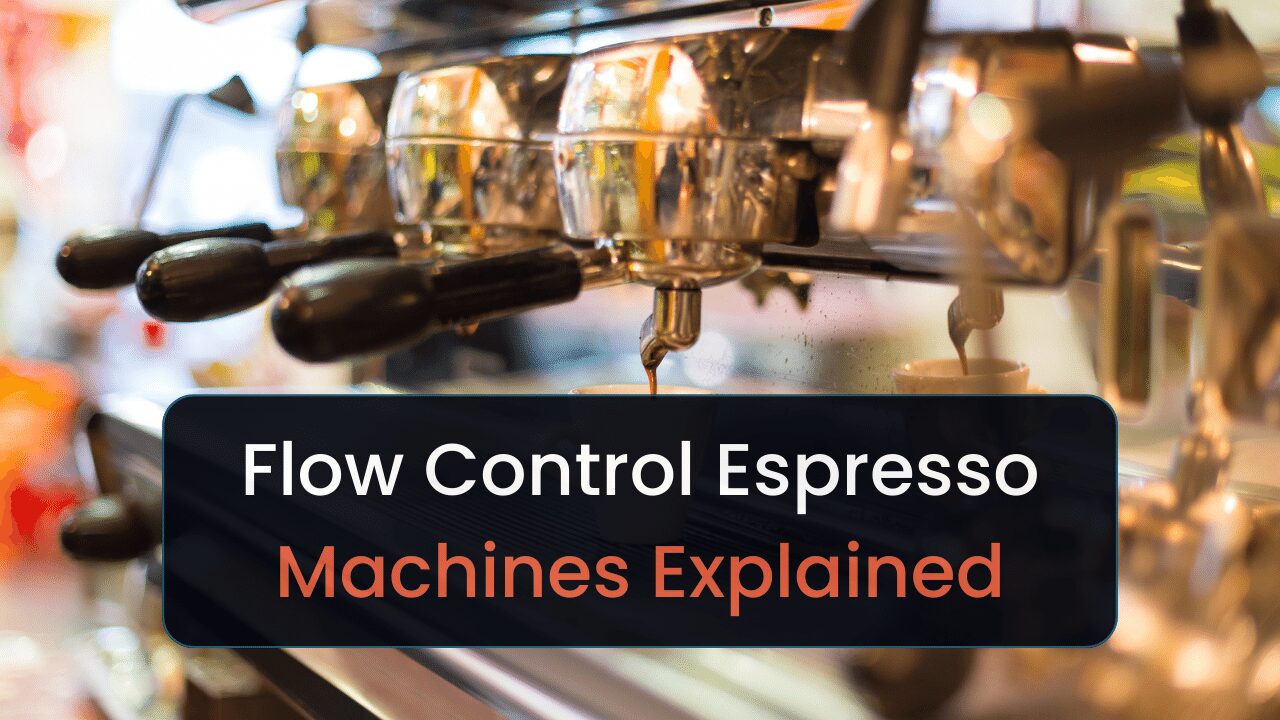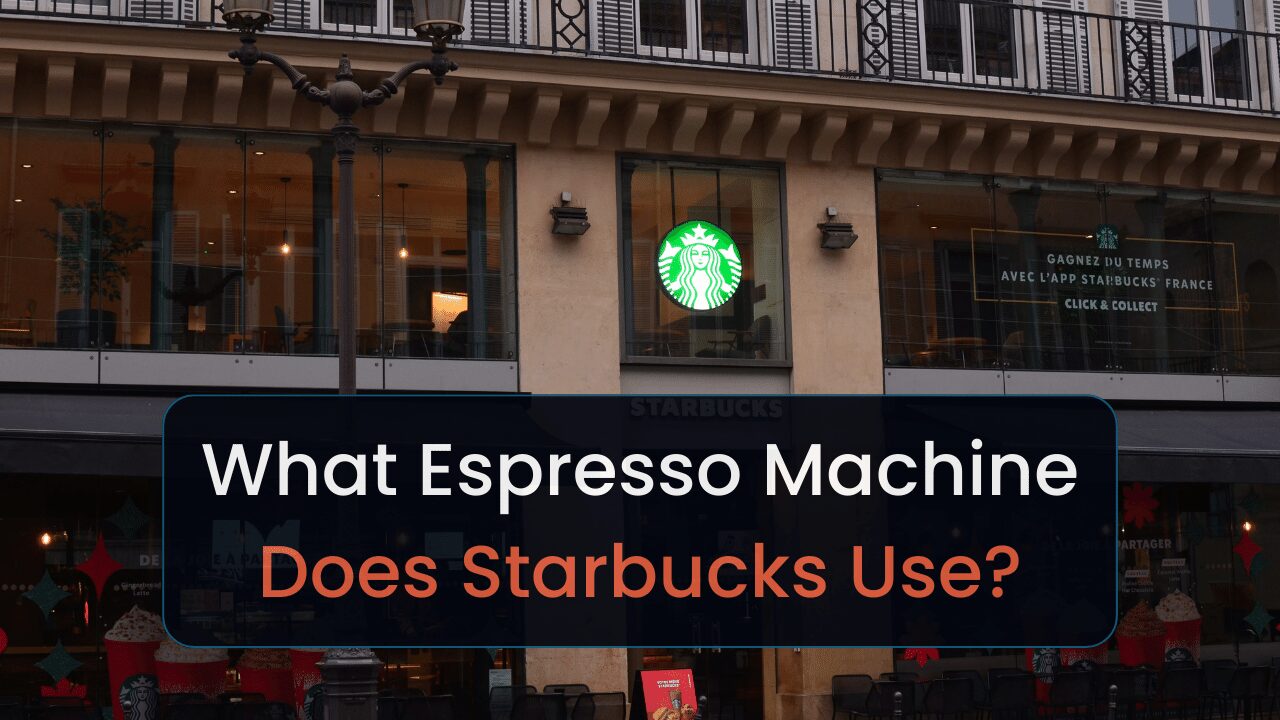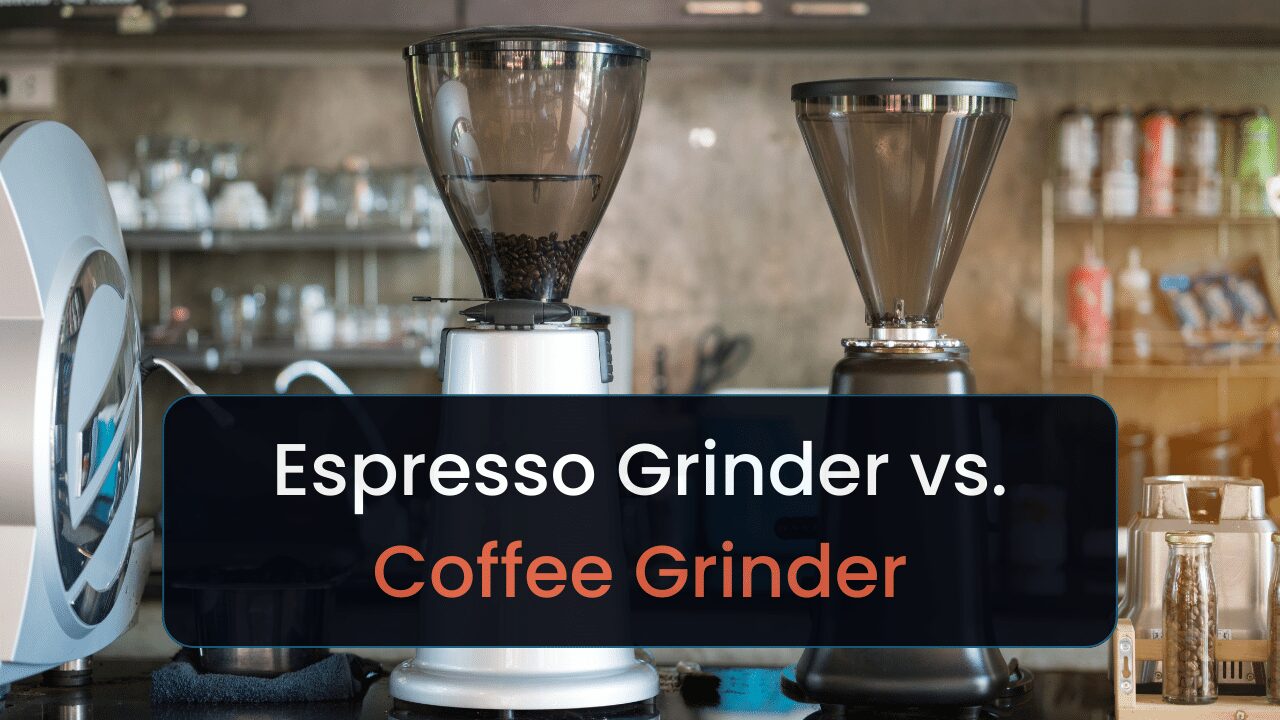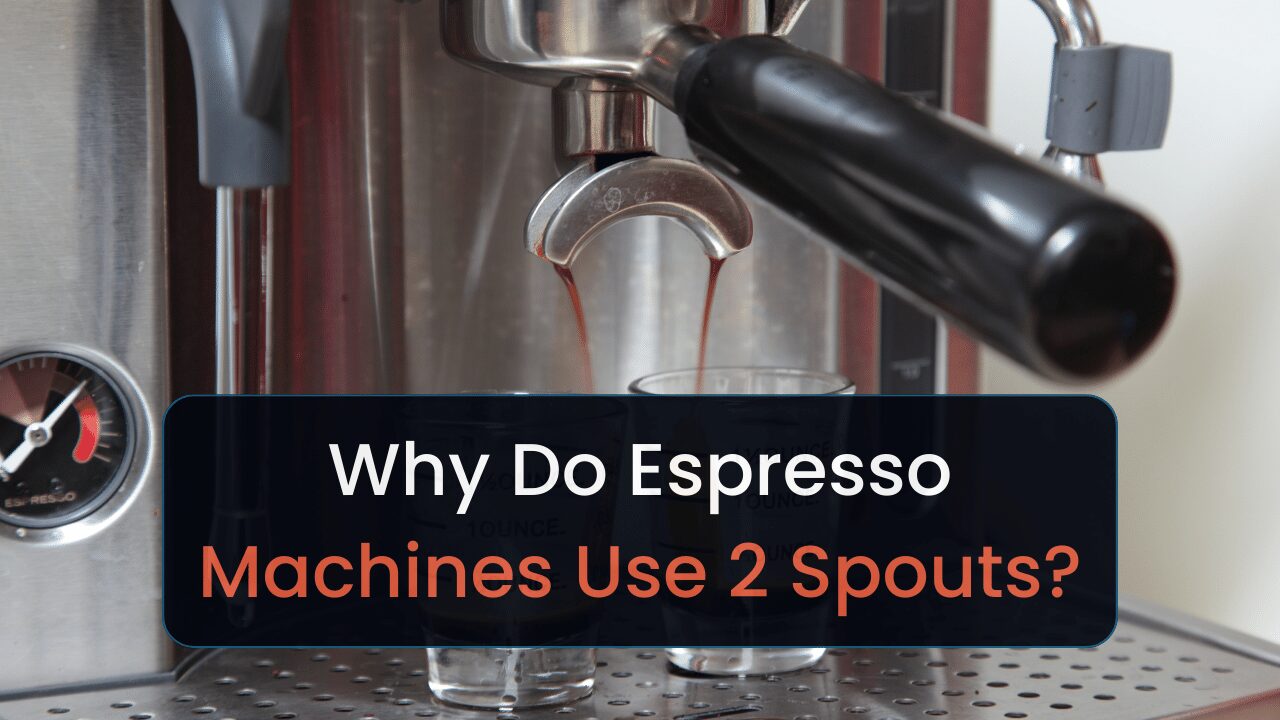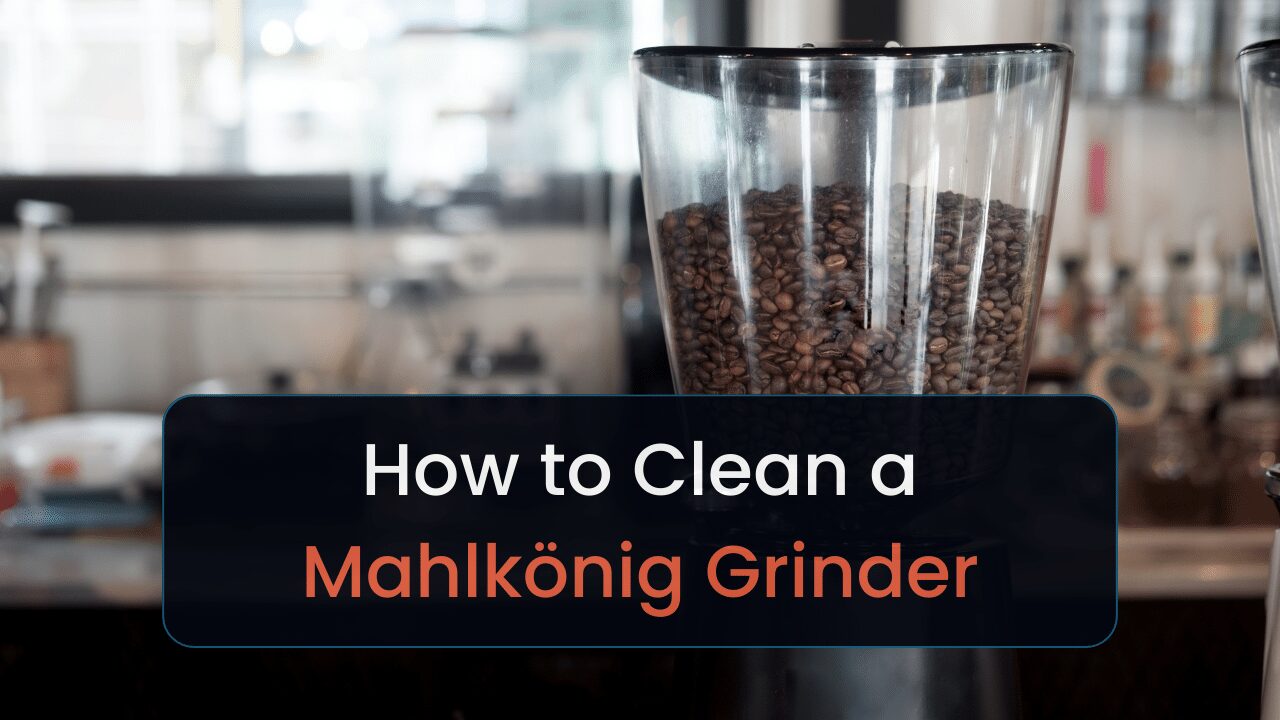There are some coffee certifications that I’d really recommend looking out for. So I’m going to be showing you what they are today and telling you everything you need to know about them.
These will be the main subjects of this article:
Shall we get started?
Key Takeaways
- There are six key coffee certifications
- These are key to understanding how ethical and quality our coffee is
- It’s important to buy coffee with as many certifications as possible
The Important of Coffee Certifications
Coffee certifications are super important to the coffee market. They ensure that a number of key things are protected. Each of the certification bodies offers something a little different. But, as a whole, these are they key benefits to coffee certifications:
- Protecting the environment and natural life: There’s a strong commitment to anti deforestation with some coffee certifications. They’re ensuring that’s the minimal damage to the rainforests and the wildlife within them through coffee farming.
- Empowering coffee farmers: Some coffee certifications ensure that the farmers growing and farming the beans are paid a fair amount. Without this, they could be falling further and further into poverty.
- Customer health: Well-sourced coffee is generally better for the health of its customers, i.e. you and I. Organic coffee ensures that no synthetic chemicals are used in the soil the coffee is grown in, for example.
- Sending a message to the companies: If consumers are buying certified coffee, it shows large companies (not just in the coffee industry) that they value ethics and sustainability. This is a great thing for the food and drink market as a whole.
- Accountability and transparency: The existence of coffee certifications means that the companies supplying the coffee have to be open about all of their practices, both through production and logistics. This ensures better behavior all round.
The Main Types of Coffee Certifications
With all this in mind, it’s time to take a look at the key types of certifications. Most of these are worldwide organizations, but one or two of them operate in the US only. So, I’ll point those out as and when they come about.
By the way, you might see that coffee is certified to a particular percentage amount some of the time. This means that the coffee comes from a variety of sources (it’s a blend) and only a percentage of that coffee is verified.
This is better than nothing, but I always recommend opting for coffee that’s 100% verified. Even if it is a bit more expensive,
You can read more about the difference between single origin and coffee blends in this article.
| Certifications | What it means |
| USDA Organic | Cruelty and chemical free and transported safely. |
| Fairtrade | Protects the farmers who grew the coffee beans. |
| 4C Certification | Protects the farmers who grew the coffee beans. |
| Rainforest Alliance Certification | Ensures no deforestation. |
| Smithsonian Bird Friendly | Looks after the birds living in the coffee farms. |
1. USDA Organic
You might see the organic certification seal from the US on your coffee beans. This is a good sign!
It means that the supply chain has been fully verified in quality from the farm to the supermarket shelf. The USDA will be making sure that the quality of the soil is free from chemicals, biodiversity is protected and that it’s transported safely, to name just a few things [1].
The USDA is the United States Department of Agriculture. So, they have no say on coffee regulation in other parts of the world.
The process of verifying coffee as organic in the UK is carried out by the Food Standards Agency, for example. Most other countries will have their own organizations to verify organic coffee.
2. Fairtrade
This certification is all about protecting the individual farmers who harvest the coffee [2]. In a world where many people in these professions are facing extremely low pay, poor working conditions and unpredictable work amongst other things, this one is super important.
Fairtrade makes sure that the farmers themselves are paid a fairer amount. And, they give the farmers a voice to challenge anything they believe to be an unfair working situation. As a result, the employers are held more accountable and working conditions are improved a lot overall.
3. 4C Certification
4C is another certification that’s focused mainly on improving the way of life for the farmers who produce the coffee [3]. This body looks at the social and environmental working conditions for these farmers, as well as how much they actually get paid.
To get a 4C certification, coffee companies will also have to prove that they’re not contributing to deforestation or reducing biodiversity in any way.
4. Rainforest Alliance Certification
The Rainforest Alliance looks at environmentally sustainable coffee production. They encourage environmentally responsible farming practices in order to protect biodiversity.
The key areas they support are water conservation, reduced chemical use, and habitat preservation. It’s super important to see this work being carried out, and I’m liking to see the increasing number of coffee companies getting involved.
You may have also heard of the UTZ certification. This is a Dutch charity organization who carry out a similar role. But now, they’re actually part of the Rainforest Alliance. But you’ll still see their sticker in some parts of the world, including the Netherlands.
5. Smithsonian Bird Friendly
This coffee certification is a little more niche but still just as important as the rest. It focuses on protecting the tree canopy by ensuring no deforestation or the use of pesticides. This results in the protection and better tasting coffee.
It’s not just about the birds themselves, but also the forest. The Smithsonian in ensuring general biodiversity protection by working hand in hand with the likes of the Rainforest Alliance.
The Downsides of Coffee Certifications
There are a few issues with coffee certifications. Personally, I don’t think they come close to outweighing the positives. But they’re still worth thinking about so that you can be completely aware of what’s going on when you buy your next bag of coffee beans.
Flawed Certification Processes
As much as the companies setting out these certifications are trying to get things right, it’s not always a perfect situation. Some ranking methodologies don’t make the best of sense.
Issues for Coffee Farmers
One main criticism of some coffee certifications is that it can be hard work for the coffee farmers themselves to obtain the certifications. Larger companies with more reach will find it easier to do this, whereas newer and smaller companies will find it more difficult to get through this process.
Higher Price for Consumers
More often than not, coffee with a lot of certifications is going to be more expensive. More processes must be followed to obtain the certifications, which will cost the producers time and money.
I still absolutely think it’s worth buying if it is in your budget though. Despite these issues with coffee certifications, they’re still a force for good overall.
Frequently asked questions
Check below for a few extra pieces of information you might want to consider when thinking about coffee certification.
Is tea covered by the coffee certification schemes in the US?
Yes. You can ensure that your tea is responsibly sourced by looking out for the coffee certification labels I discussed in this article.
How much coffee is organic and Fairtrade in the US?
Between 20.7% and 40.9% of coffee in the US was both organic and Fairtrade in 2020. We’ve got a long way to go to get this number higher! So, when you can, make sure to send a message to the producers and buy Fairtrade and organic, at least.
Last Thoughts on Coffee Certifications
The certification of coffee is massively important in many ways. It protects the farmers, the wildlife and the rainforest, and it makes our coffee healthier due to being free from pesticides etc. Plus, the coffee actually tastes better!
Naturally, it could be a little more expensive and I acknowledge that the certification isn’t always perfect. However, the benefits that the verification does bring are essential. So, I encourage you to buy verified coffee as much as you can.
Now that you know about how coffee is certified, perhaps it’s time to look at buying some? You can find out about all the best coffee in this guide.

